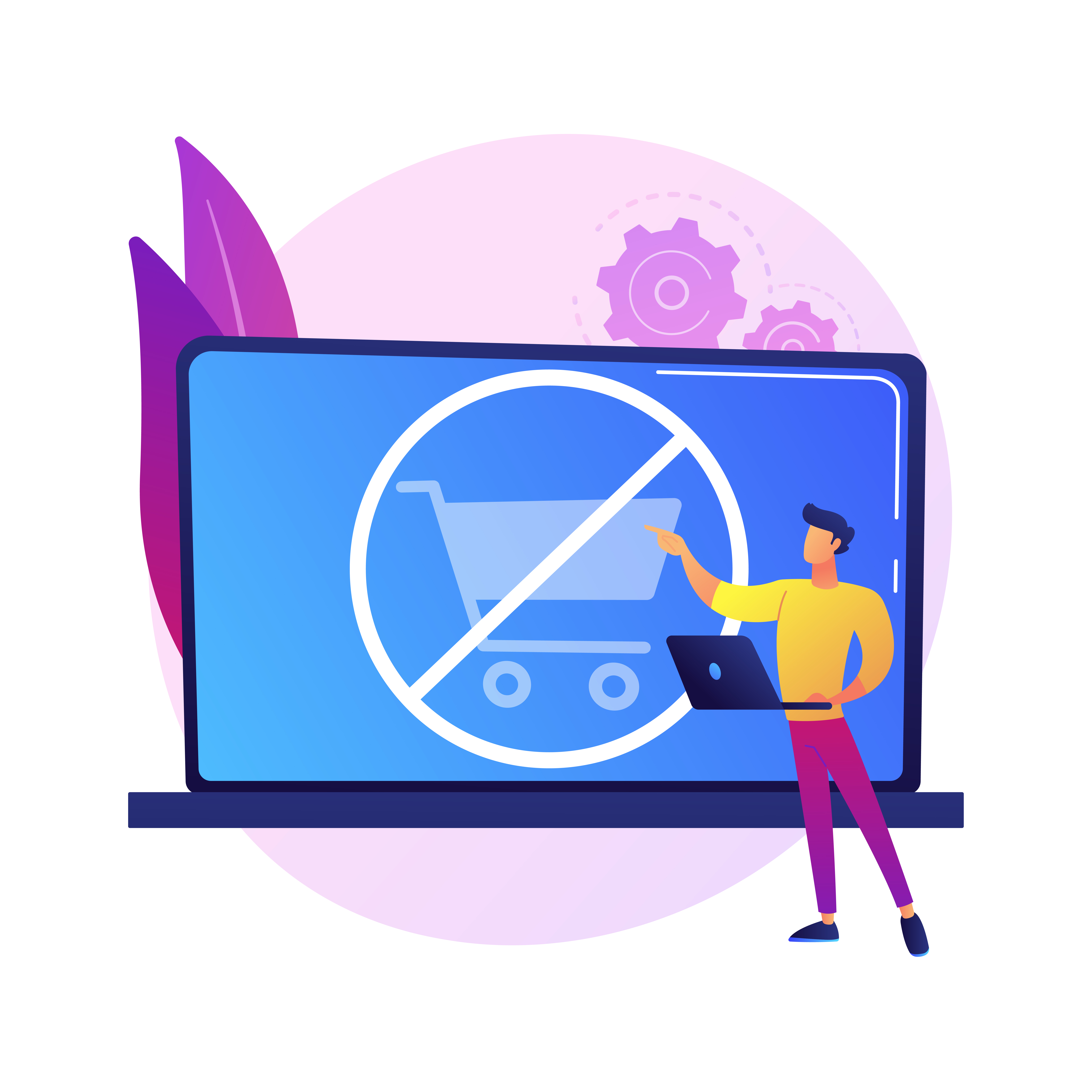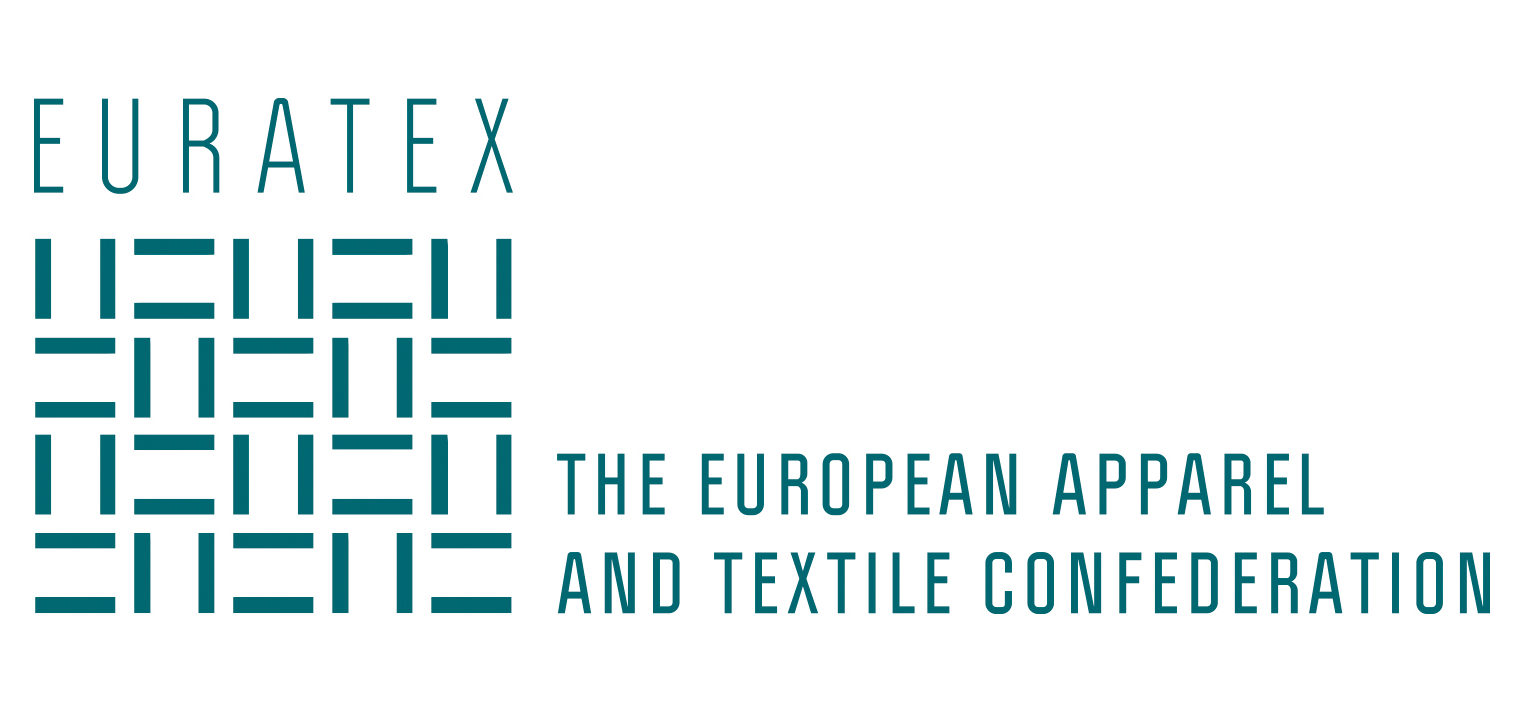
E-commerce has transformed the way Europeans shop. Yet, behind the convenience of a click, there is a growing risk: unsafe and non-compliant products entering the EU market without proper oversight.
A coalition of environmental and consumer NGOs, industry, retailers, and wholesalers is calling on EU policymakers to urgently close loopholes that allow these products to reach European consumers.
A Growing Risk for Consumers
Every year, billions of small parcels arrive in the EU from third countries. According to the European Commission, 4.6 billion parcels under €150 entered the EU in 2023. Many of these goods bypass EU safety and compliance checks, exposing consumers to unsafe products, fake labels, or items that do not meet sustainability requirements.
This trend is rising during peak shopping periods such as Black Friday and Christmas. The combination of heavy advertising and low barriers for entry means non-compliant goods can flood the EU market at unprecedented speed.
Marketplaces Escape Accountability
Under current EU law, online marketplaces are not recognised as economic operators. This means they are not legally responsible for verifying compliance of products sold by third-country sellers on their platforms. They act only if notified of potential violations.
Existing laws, such as the Digital Services Act (DSA) and the General Product Safety Regulation (GPSR), have not fully addressed this gap. As a result, marketplaces act as gateways for unsafe or illegal goods, with minimal accountability.
Recommendations for Stronger Enforcement
To protect consumers, the environment, and fair competition, the coalition calls for decisive action. Key proposals include:
- Mandatory EU economic operator: Every product sold in the EU must have an identifiable operator within the Union responsible for its compliance.
- Recognition of marketplaces as economic operators: Platforms must be held responsible for products sold by third-country sellers, either through a new omnibus regulation or revisions to the DSA and Market Surveillance Regulation.
- Enhanced obligations for marketplaces: Platforms should verify compliance documents, implement seller traceability, and prevent repeated illegal practices. They must also check compliance with Extended Producer Responsibility (EPR) rules and assume responsibility if sellers fail to comply.
- Improved traceability: EU databases such as SCIP, EPREL, and ICSMS must be integrated with the new Digital Product Passport to ensure transparency and accountability.
- Stronger customs rules: The “deemed importer” principle must be adopted under the Union Customs Code, alongside the swift abolition of the €150 de minimis exemption.
- Reinforced enforcement: Market surveillance and customs authorities must receive more resources to effectively block non-compliant products and vendors.
A Call to Action
Closing these loopholes is essential to safeguard consumers, protect the environment, and ensure fair competition for businesses playing by the rules. All products sold in Europe—whether produced in the EU or imported—must meet the same high standards.
The coalition urges EU policymakers to act swiftly. Stronger rules will not only protect European consumers but also create a level playing field for responsible businesses.
Read all details and the full declaration here.
